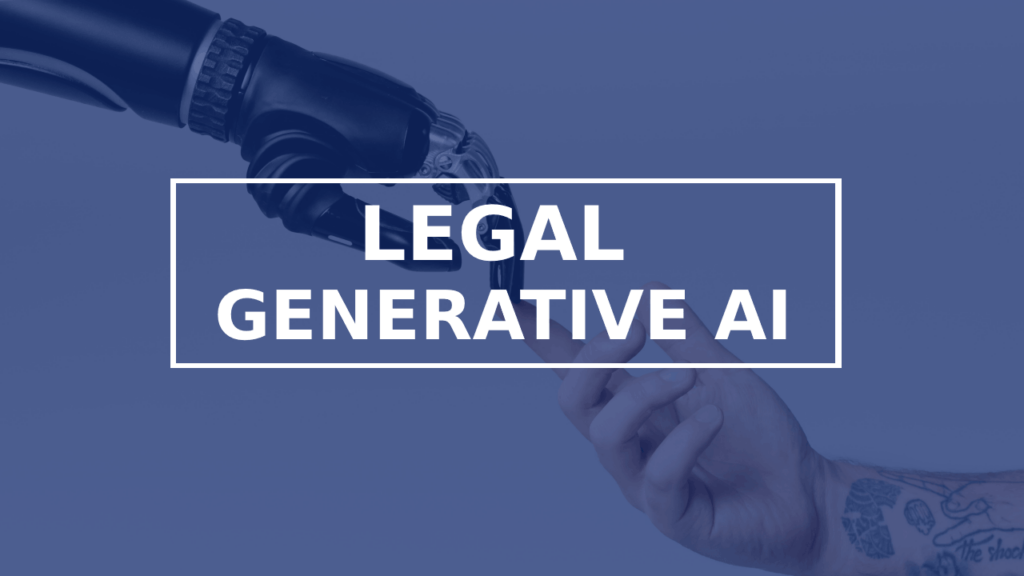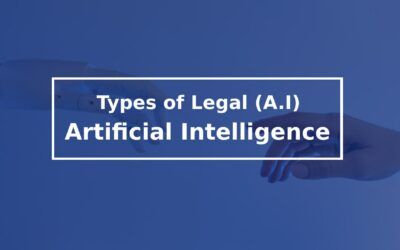Is Generative AI The Future of Legal Automation?
What is Generative AI?
Generative AI refers to a type of artificial intelligence that can create or generate new content, such as text, images, or even code, based on patterns and rules learned from existing data. In the context of law, generative AI is increasingly being used to automate tasks that were previously performed by lawyers, such as drafting legal documents, analyzing contracts, and even predicting the outcomes of legal cases.
Generative AI is rapidly becoming a game-changer for the legal industry. As AI technology continues to evolve, it is no longer just a tool for data analysis and processing. Generative AI, in particular, is a type of AI that can create new content such as text, images, and code based on patterns and rules learned from existing data. It is now being used in the legal profession to automate tasks that were previously performed by lawyers, such as drafting legal documents, analyzing contracts, and even predicting legal outcomes.
In this article, we’ll explore the benefits and potential drawbacks of generative AI for the legal industry and what this means for the future of legal work.
Generative AI and Legal Professionals
Generative AI has the potential to significantly reduce the time and cost associated with legal work, as well as improve the accuracy and consistency of legal outcomes. For example, an AI system could analyze hundreds or thousands of similar contracts to identify patterns and generate a new contract that meets a client’s specific needs. Similarly, an AI system could analyze legal precedents and other data to predict the likelihood of success in a particular legal case.
However, there are also concerns about the impact of generative AI on the legal profession. Some lawyers worry that AI could eventually replace human lawyers altogether, while others argue that the use of AI could result in a lack of transparency and accountability in legal decision-making. Nonetheless, generative AI is likely to play an increasingly important role in the legal profession in the years to come.
Law Firms using Artificial Intelligence (AI)
As the use of artificial intelligence (AI) expands across various industries, it’s no surprise that the legal profession is also adopting this technology. Generative AI, in particular, is emerging as a tool that could transform the legal landscape.
Generative AI refers to AI systems that can generate new content, such as text, images, or code, based on patterns and rules learned from existing data. In the legal field, this technology is already being used to automate tasks previously performed by lawyers, such as drafting legal documents, analyzing contracts, and predicting the outcomes of legal cases.
One of the main advantages of generative AI is its ability to reduce the time and cost associated with legal work. By analyzing vast amounts of data, AI systems can quickly identify patterns and generate new legal documents that meet a client’s specific needs. They can also predict the likelihood of success in a particular legal case by analyzing legal precedents and other data.
However, some lawyers are concerned about the impact of generative AI on their profession. They worry that this technology could eventually replace human lawyers altogether, leaving the legal system devoid of empathy and intuition. There are also concerns about transparency and accountability in legal decision-making. If AI systems are used to make legal decisions, who is responsible if something goes wrong?
Despite these concerns, generative AI is set to play an increasingly important role in the legal profession in the years to come. As AI technology advances, it’s likely that it will become even more sophisticated and capable of performing even more complex legal tasks. For lawyers, this means that they will need to adapt to these changes and learn how to work alongside AI systems in order to stay relevant in a rapidly evolving legal landscape.



